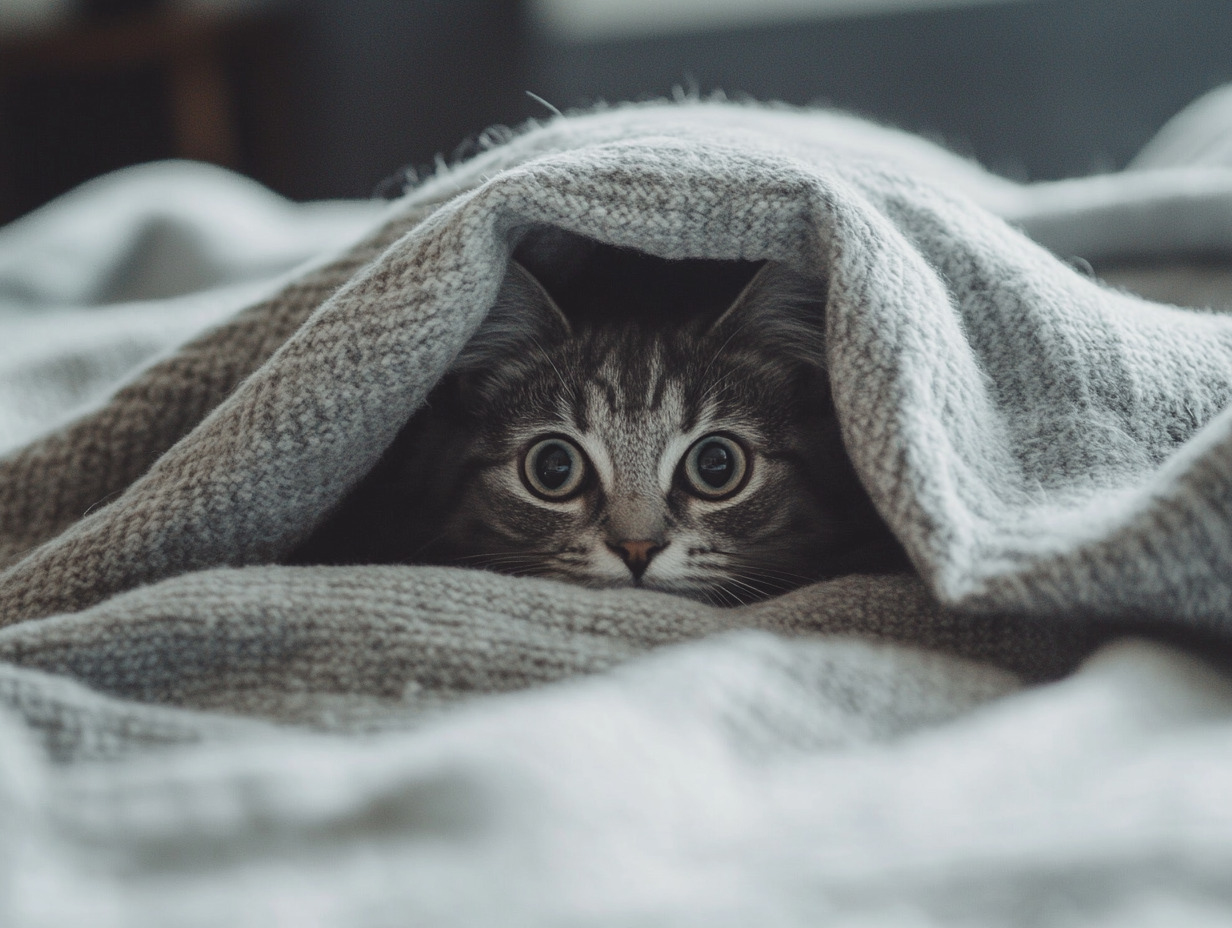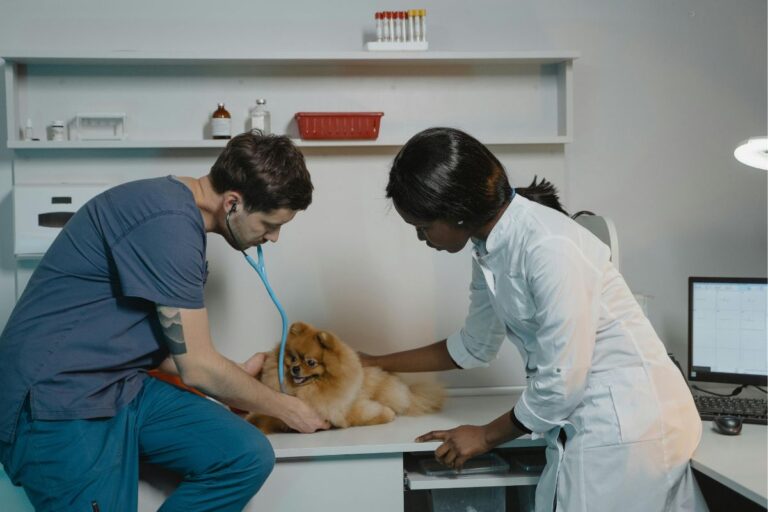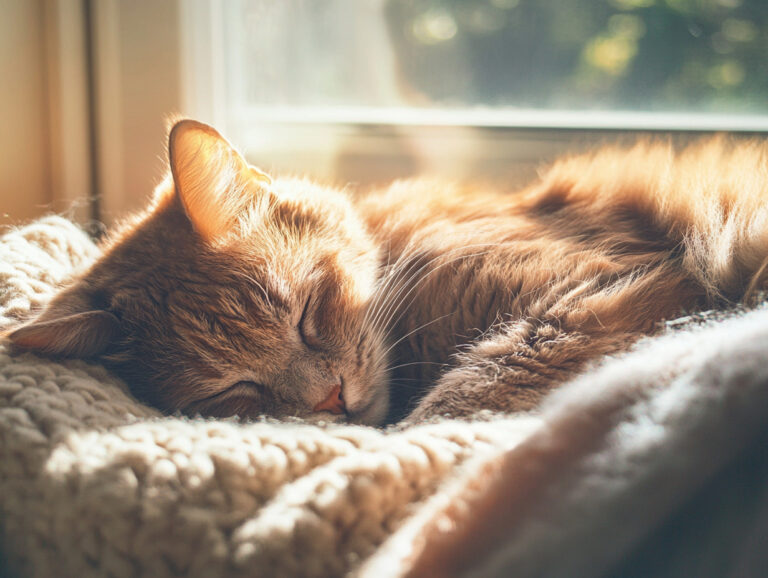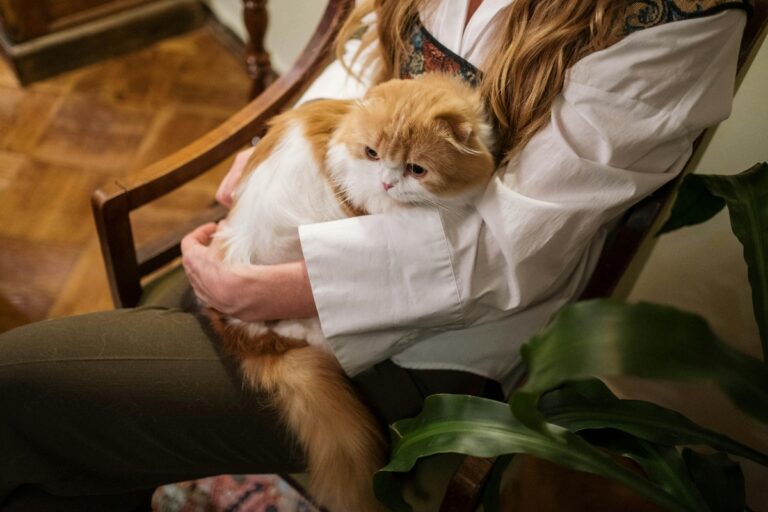10 Signs Your Cat Is Stressed (and How to Help Them Relax)
Cats may seem calm and independent, but they can experience stress just like any other pet. Stress in cats can result from changes in their environment, loud noises, new people or animals, or health issues. Recognizing stress early is important to help your cat stay happy and healthy. Here are 10 signs your cat is stressed and tips on how to help them relax.
1. Hiding More Than Usual
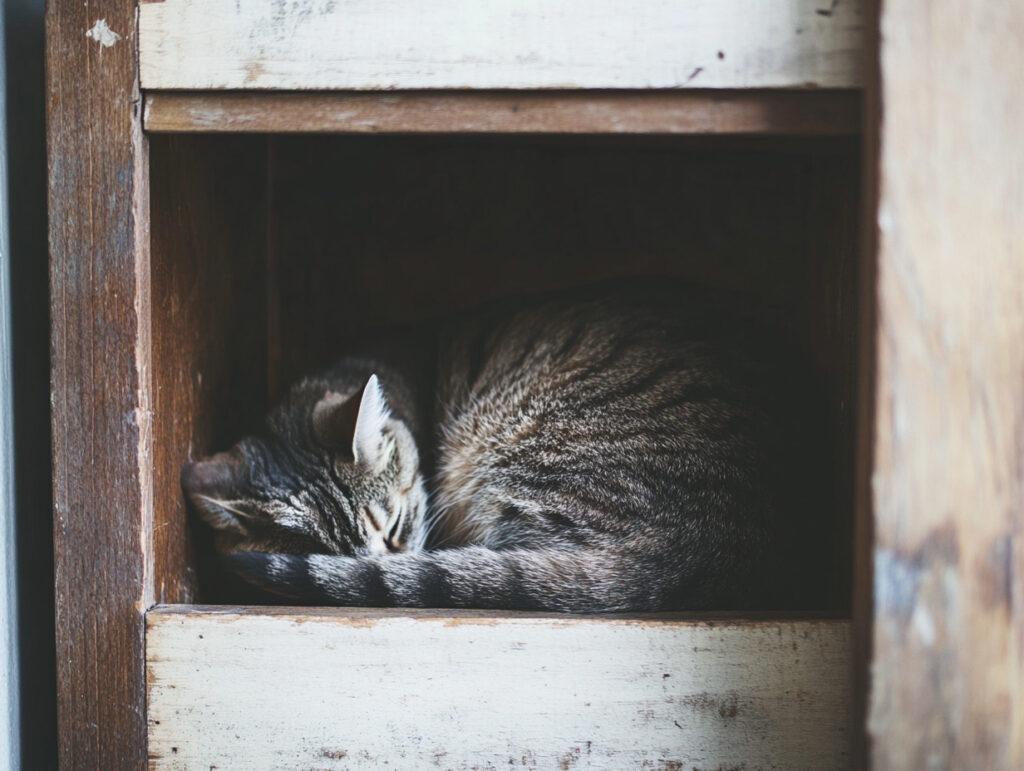
When a cat suddenly starts hiding frequently or in unusual places, it’s a common stress sign. Provide a quiet, safe retreat where your cat can feel secure and undisturbed.
2. Excessive Grooming
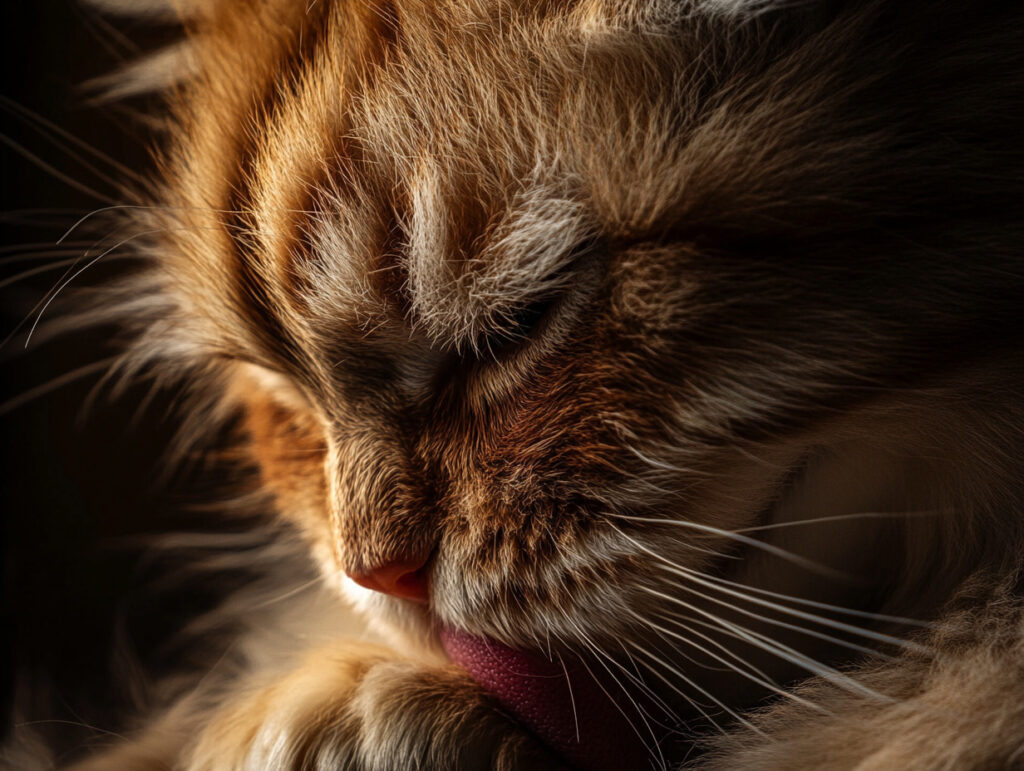
Over-grooming or licking certain areas excessively can indicate anxiety or stress, sometimes leading to bald patches. Gently redirect their attention with toys or calming products and consult a vet if it continues.
3. Changes in Appetite
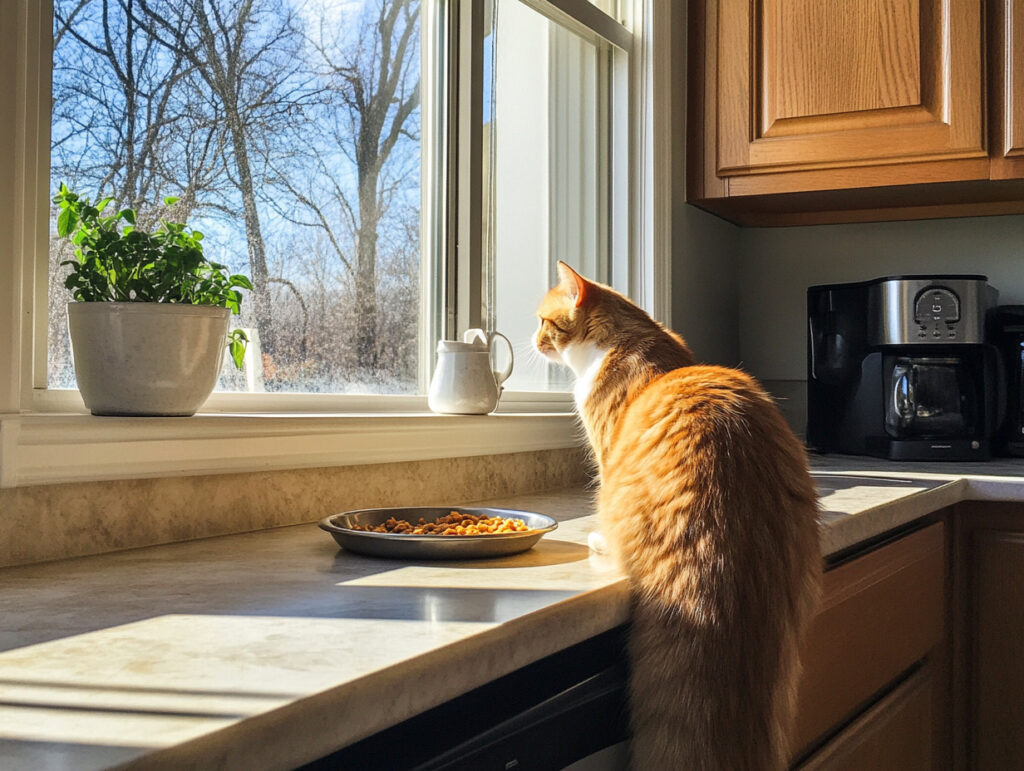
A stressed cat may eat less or stop eating altogether. Keep feeding times consistent, offer favorite foods, and ensure a calm feeding environment to encourage eating.
4. Increased Vocalization
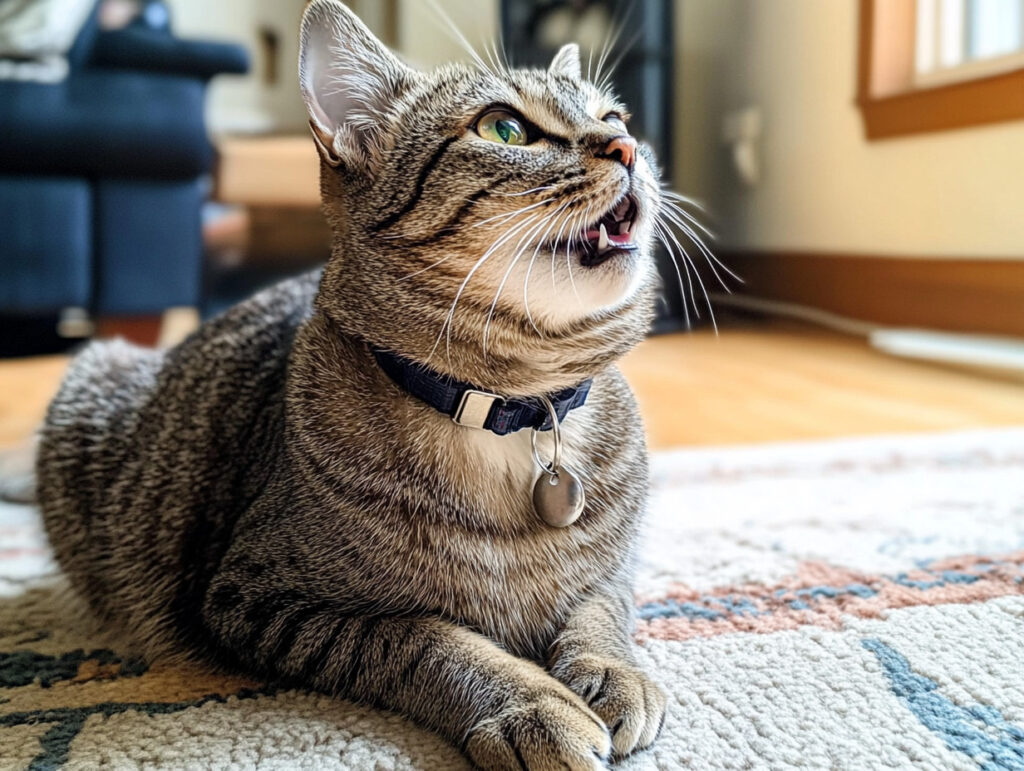
More frequent meowing, yowling, or other vocalizations can signal distress or discomfort. Try to identify and reduce stress triggers, and provide comforting interaction to soothe your cat.
5. Aggressive Behavior
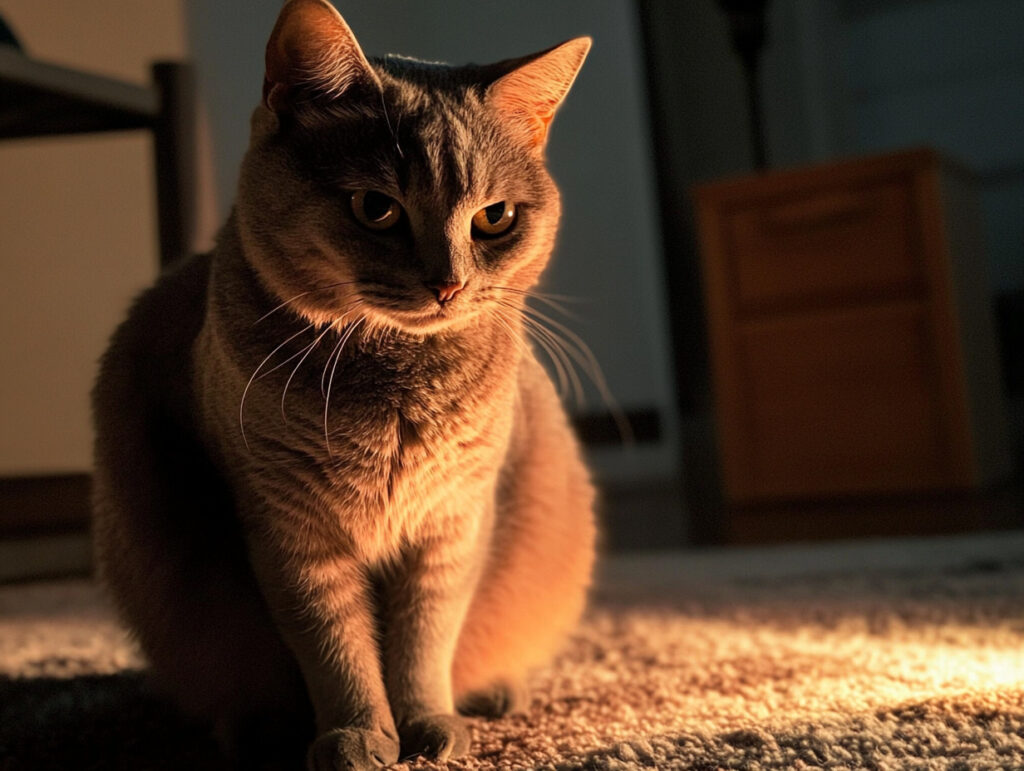
Sudden aggression toward people or other pets may stem from stress or fear. Avoid forcing interaction, and use calm tones and slow movements to help your cat feel safe.
6. Litter Box Issues
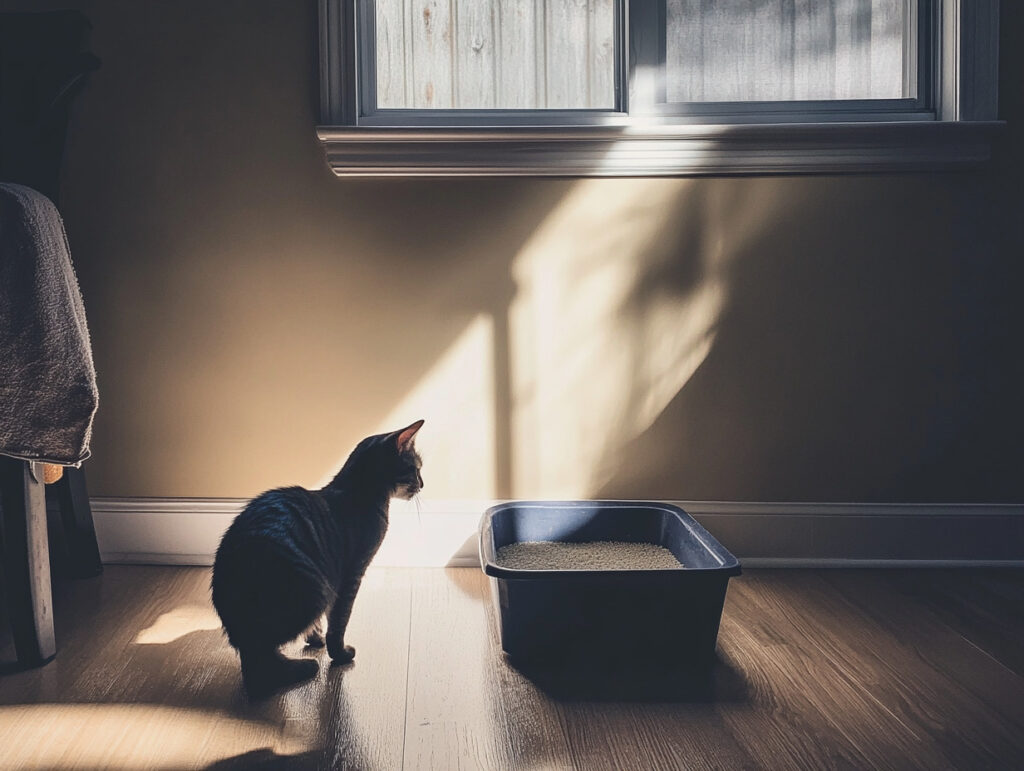
Stress can cause a cat to urinate or defecate outside the litter box. Ensure the litter box is clean, in a quiet area, and provide multiple boxes if you have several cats.
7. Restlessness or Pacing
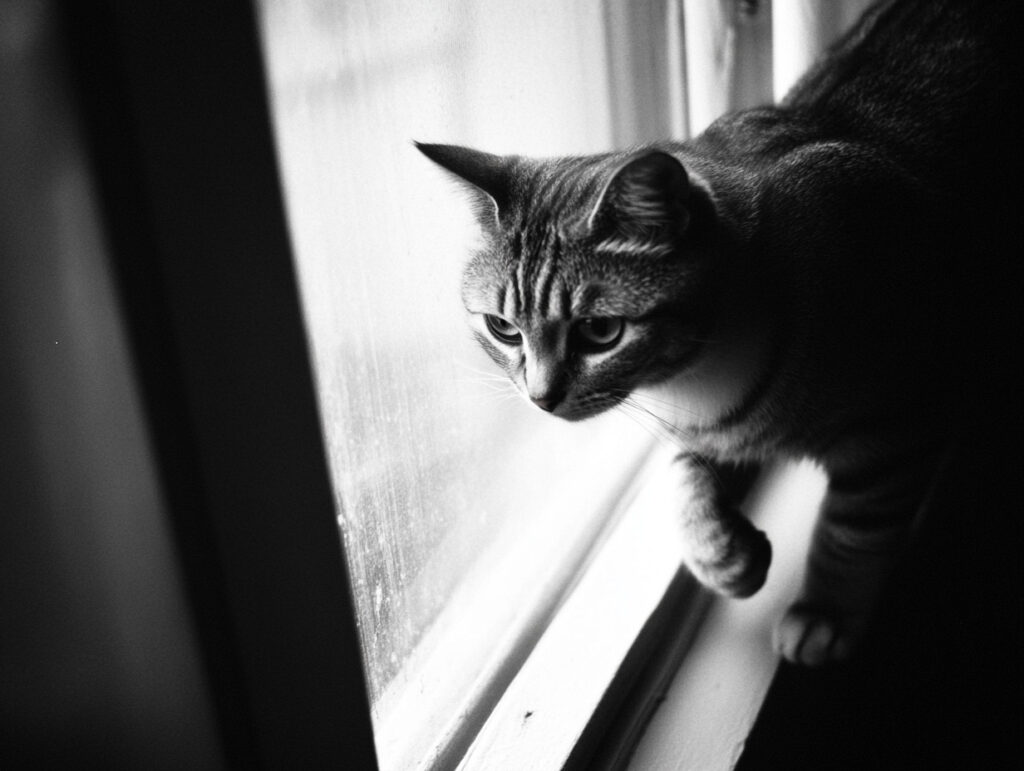
A stressed cat may pace or appear restless, unable to settle down. Increase interactive play and provide cozy resting spots to help them relax.
8. Dilated Pupils and Flattened Ears

Physical signs like wide pupils and ears pinned back often indicate fear or stress. Give your cat space and avoid sudden movements to help them calm down.
9. Trembling or Shaking
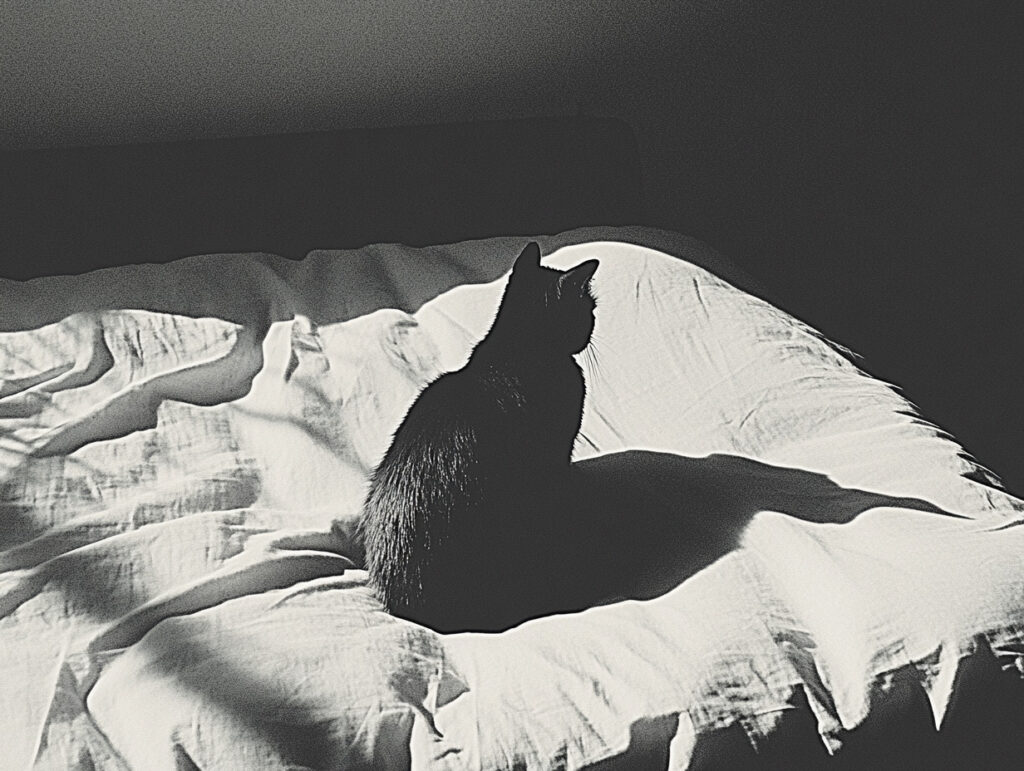
Shaking or trembling is a clear sign of acute stress or fear. Create a quiet environment and speak softly; seek veterinary advice if this behavior persists.
10. Withdrawal from Interaction
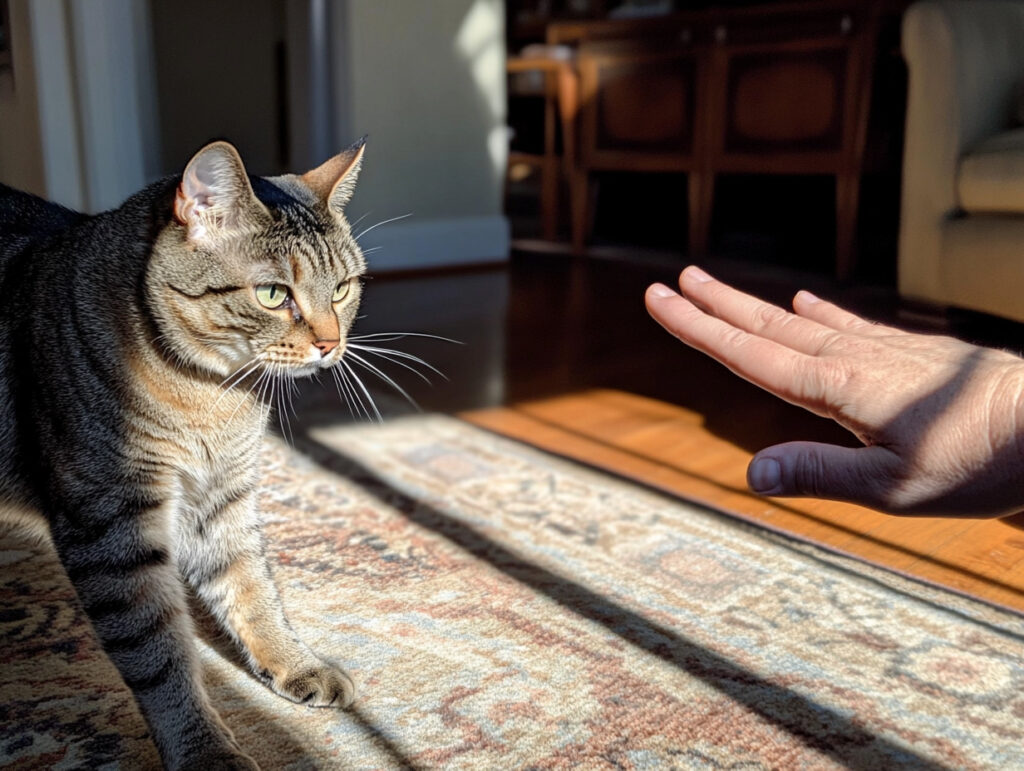
If your cat avoids being touched or plays less, it may be stressed. Respect their boundaries and offer gentle affection when they seek it, gradually rebuilding trust.
How to Help Your Cat Relax
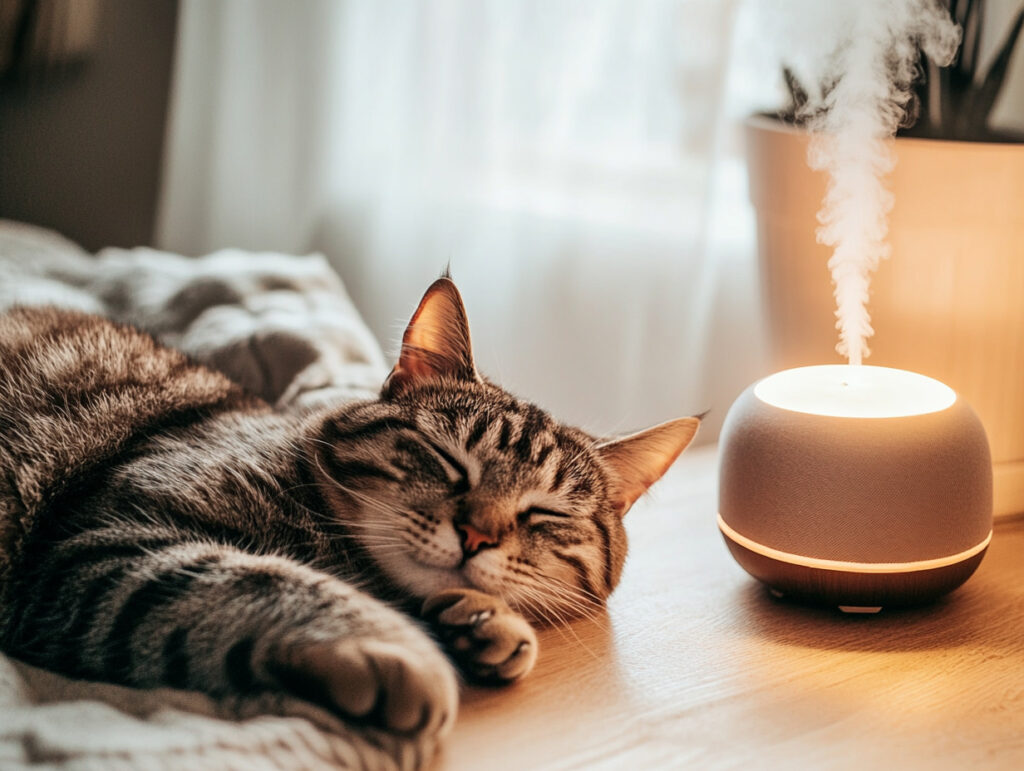
To ease your cat’s stress, provide safe spaces, maintain a consistent routine, offer enrichment through play and toys, and consider calming aids like pheromone diffusers. Patience and gentle reassurance go a long way, and if stress signs persist, consult your veterinarian.
Supporting Your Cat’s Well-being
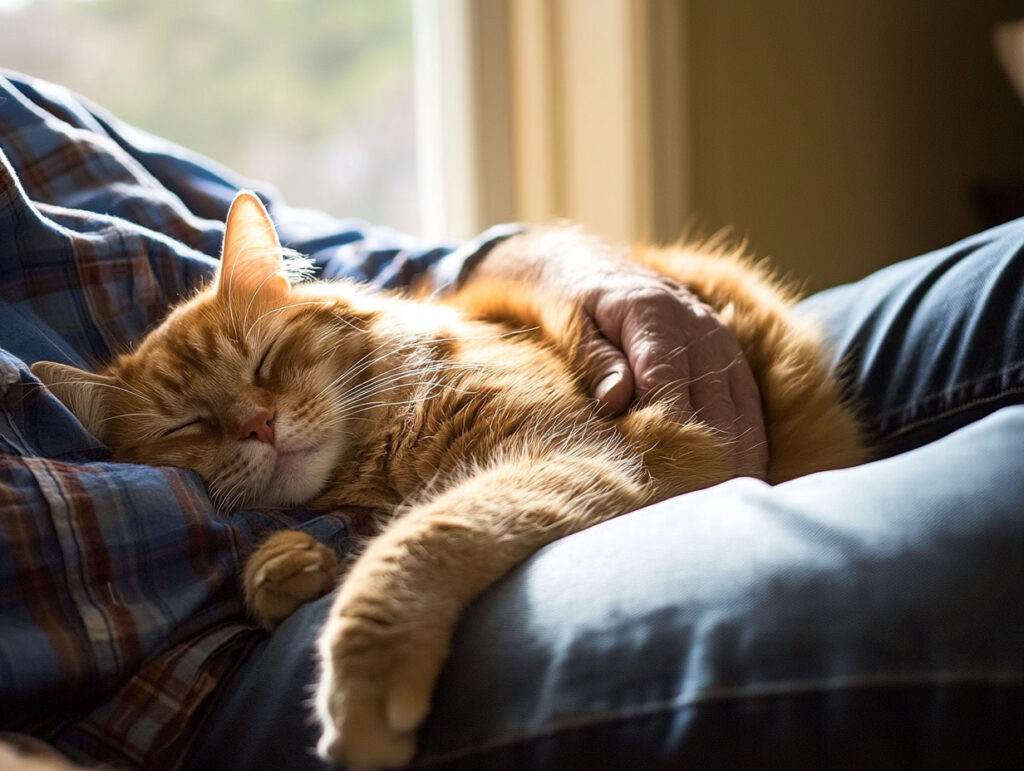
Recognizing stress in your cat early and responding with care helps maintain their health and happiness. By creating a calm, secure environment and offering consistent love and attention, you can help your feline friend feel relaxed and content, even during challenging times.

